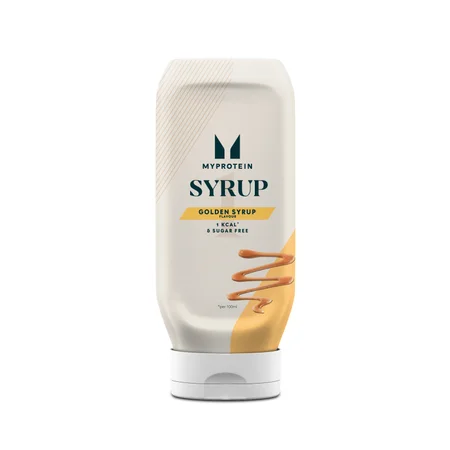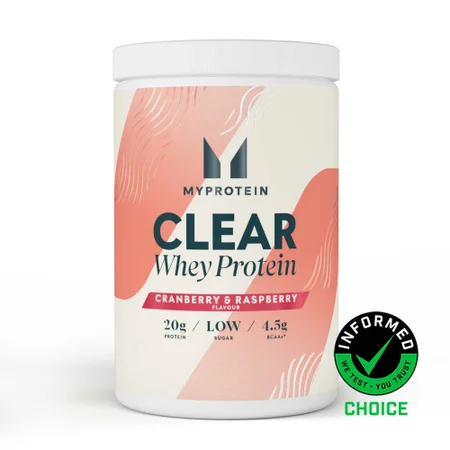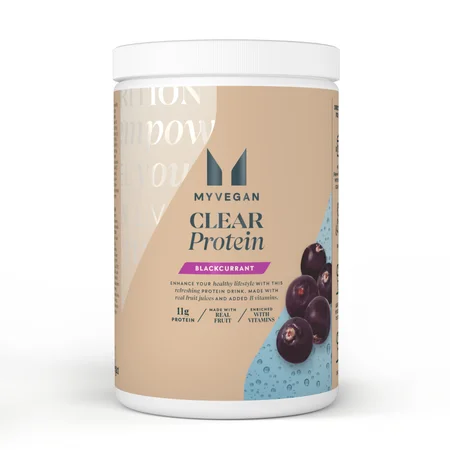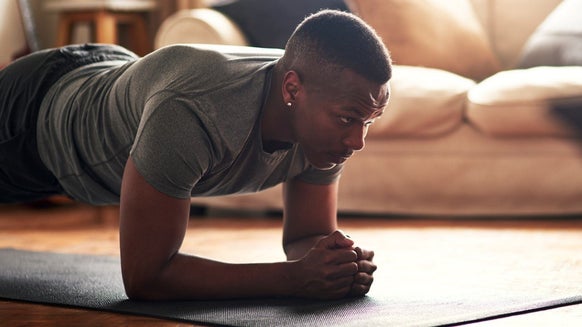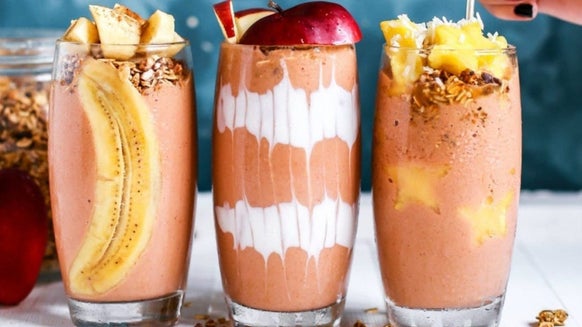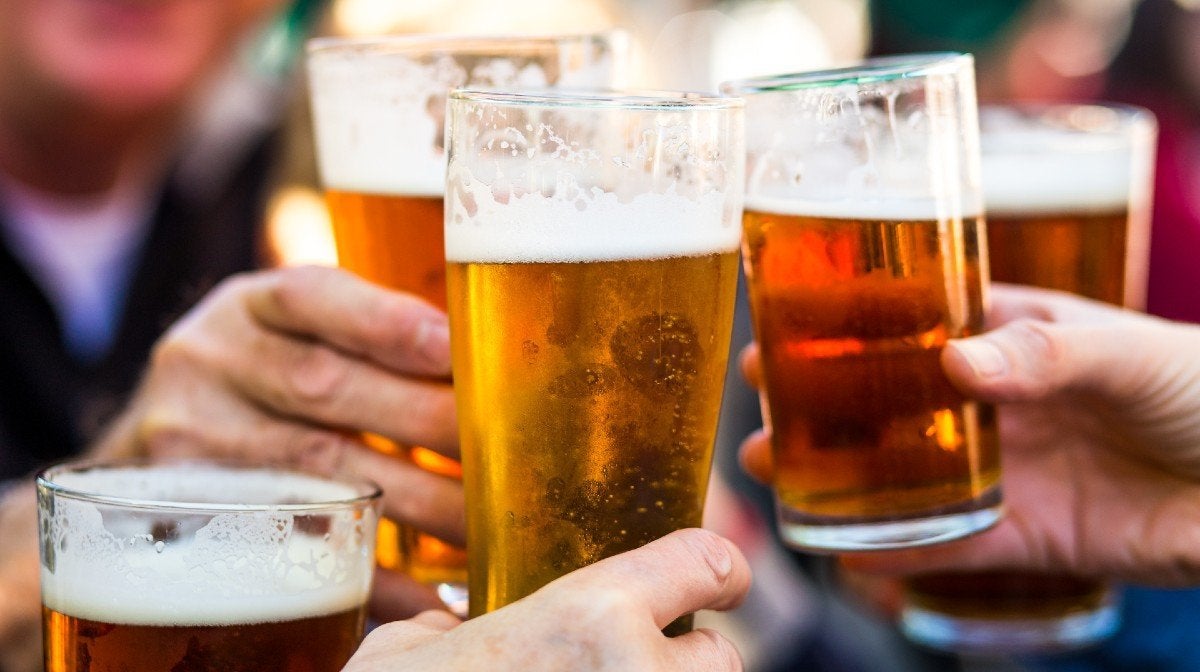
When it comes to weight management, alcohol is often viewed as a major “no-no”. From the stories of the “freshers fifteen” to the “beer belly”, alcohol is usually always included in the weight loss conversation.
It’s time we address what kind of impact alcohol really has on weight loss and how it could be affecting your progress.
- Will excess amounts of alcohol make me gain weight?
- Why alcohol intake may be detrimental to weight loss
- What role do "hangovers" play?
- How to minimise weight gain caused by alcohol
Will excess amounts of alcohol make me gain weight?
Well, yes and no.
Why alcohol intake may be detrimental to weight loss
Alcohol has calories
Alcohol can’t be stored and takes priority to be metabolised over other nutrients leading to an increased tendency to store these nutrients. We also know that alcohol can reduce inhibition whilst increasing cravings (those late-night trips to the chippy) - meaning that when you drink you're probably more likely to eat mood food, and sometimes higher calorie food, than you would typically choose — this makes for the perfect storm of nutrient storage which may contribute to fat gain over a sustained period.
It all adds up...for some of us
All these aspects tie in — and accumulate — especially when you’re knocking back a cheeky few pints every weekend, as the increased calories add up.
Interestingly, some people don’t tend to gain weight or fat despite what would be perceived as frequent, excessive alcohol consumption. Chronic alcohol consumption can actually make the body adapt and metabolise alcohol differently.
When nutrients and calories from food are low, the calories consumed in alcohol can be metabolised for energy. Those who maintain a calorie deficit even when adding alcohol to their diet, or those who choose low calorie, low sugar options in moderation, can still achieve weight loss over time. However, it’s most important to make sure you are getting proper nutrition from your diet.
The weight loss may be due to the fact that, as alcohol can’t be stored, it must be metabolised, and we see a marked increase in metabolism following alcohol consumption.
So much so that it could mean energy balance is maintained (despite the large number of calories consumed via alcohol and under the assumption calorie dense foods aren’t consumed).
What role do “hangovers” play?
A hangover is a state of existence (barely) following a period of excessive drinking with the following symptoms: headache, nausea, sickness, low mood, reduced inhibition, increased cravings and many others, all things that might make you regret that last glass of wine.
When it comes to weight management, hangovers impact not only how much energy we expend but can also impact how much we take in.
We tend to perform less exercise when hungover whilst also favouring highly palatable foods that are energy dense (which is to satisfy our psychological urges and feelings but also address the fatigue associated with reduced sleep quality and reduced control of blood sugar).
So, while hangovers themselves don’t cause weight gain, the previous alcohol consumption may be preventing weight loss by limiting activity and stimulating appetite for high calorie foods.
How to minimise weight gain caused by alcohol consumption
Avoiding alcoholic beverages that are calorie and nutrient dense (such as beers, ciders, certain wines etc.) may be the best option for maintaining weight or if you’re in a weight loss phase. Instead, swapping these out for clearer spirits combined with a zero-calorie mixer (diet drinks, etc.) would be the optimal choice if you were to drink.
It’d also be recommended to plan for eating once the drinking session has ended as the intake of calorie dense, highly palatable foods that we all crave post boozing will likely affect your body fat more than the alcohol itself.
A protein bar or some other lower kcal, high protein, high fibre snack would be a much better option in these scenarios and easy to keep on hand. This transitions us seamlessly into minimising hangover risk. the higher protein and fibre snack can help contribute to improved blood sugar regulation the following morning (which often contributes to a sense of fatigue and “hangryness”).
Additionally, trying to achieve eight hours of sleep will help too, although sleep quality will be lower following alcohol intake.
Increasing your intake of fruits and veg, particularly those rich in vitamin C is a great way to get in those anti-inflammatories that are essential for a hangover, which has likely caused inflammation in the body.
Take Home Message
While alcohol may not certainly be the world’s best weight management tool, abstaining from it is definitely not a necessity. Typically, the weight gain is due to high sugar, high calorie beverages and high calorie foods that often go along with drinking. You can however understand the impact, and manage it.
READ THIS NEXT:
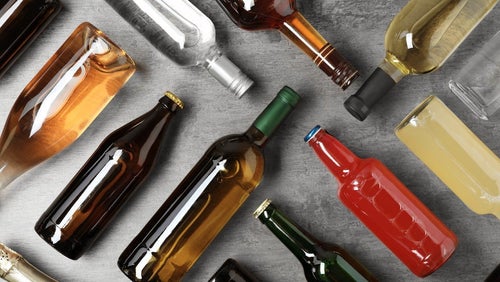
How Does Alcohol Impact My Performance & Recovery?
Can you hack it after a heavy night?...

Claire is a Registered Dietitian through the Academy of Nutrition and Dietetics and a board-certified Health and Wellness Coach through the International Consortium for Health and Wellness Coaching. She has a Bachelor of Science in Biology and a Master’s degree in Clinical Dietetics and Nutrition from the University of Pittsburgh.
Talking and writing about food and fitness is at the heart of Claire’s ethos as she loves to use her experience to help others meet their health and wellness goals.
Claire is also a certified indoor cycling instructor and loves the mental and physical boost she gets from regular runs and yoga classes. When she’s not keeping fit herself, she’s cheering on her hometown’s sports teams in Pittsburgh, or cooking for her family in the kitchen.
Find out more about Claire’s experience here.
1. Sayon-Orea, C., Martinez-Gonzalez, M. A., & Bes-Rastrollo, M. (2011). Alcohol consumption and body weight: a systematic review. Nutrition reviews, 69(8), 419-431.
2. Traversy, G., & Chaput, J. P. (2015). Alcohol consumption and obesity: an update. Current obesity reports, 4(1), 122-130.
